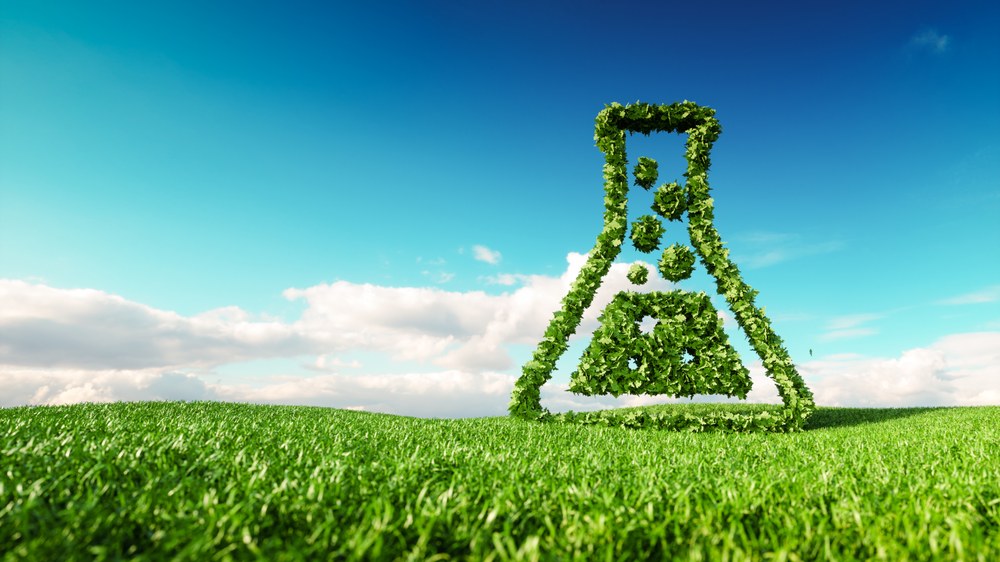FOTON

TNO

Project FOTON
Producing synthetic methanol from water and carbon dioxide with the help of the sun
Duration: 1.2.2024 - 31.1.2026
As a society, we are currently facing two major challenges: securing our future energy supply by transferring from fossil fuels to sustainable energy sources and reducing emissions of the greenhouse gas CO2. This is the only way we can achieve the goals of the Paris Climate Agreement and limit global warming to a maximum of 1.5 degrees Celsius in the 21st century. The FOTON project addresses both challenges.
Direct utilization of sunlight to boost efficiency
In the INTERREG project FOTON, nine project partners have set themselves the goal of developing high-tech systems and materials for sunlight-driven sustainable processes that contribute to a climate-neutral industry. At the centre of the work: the solar production of green methanol from water and CO2.
In general, this can be done in two ways: firstly, via a centralised approach. Here, photovoltaics are used to generate electricity. The electricity is in turn used for electrolysis to produce hydrogen and the hydrogen is then converted into methanol with CO2 in a centralised process plant. The second approach is decentralised: Here, sunlight is used directly to produce hydrogen in a reactor and then methanol with the help of CO2.
The direct, local utilisation of sunlight as an energy source for chemical processes has advantages over the use of electricity generated via photovoltaics in centralised plants. On the one hand, no energy is lost through the conversion of sunlight, and on the other hand, catalysts can be used that utilise the entire spectrum of sunlight. Direct utilisation of sunlight is therefore potentially more efficient. Decentralised production also eliminates the need to transport electricity, meaning that high infrastructure costs can also be avoided.
Three prototypes demonstrate the process
In the project, methanol is to be produced from water and CO2 using sunlight. The CO2 required for the production of green methanol can come from point sources such as cement plants or from direct air capture. Three prototypes are being built and tested to demonstrate the entire process:
- The first two prototypes produce hydrogen in different ways
- The third prototype uses a photocatalytic process to produce methanol from hydrogen, CO2 and light
DLR is involved in the development and experimental campaign of the third prototype and performs the experiments using its own test infrastructure.
The research within FOTON forms the basis for the future translation into an industrial process and opens up commercial opportunities for material, equipment and chemical companies in the region.
Further information can be found on the project website:
Project | FOTON |
|---|---|
Duration | 1.2.2024 - 31.1.2026 |
Project participants |
|
Funding | FOTON is supported by the INTERREG Flanders-Netherlands program, the Dutch national government, and the provinces of North Brabant (NL), Limburg (NL and VL) and East Flanders (VL). |
